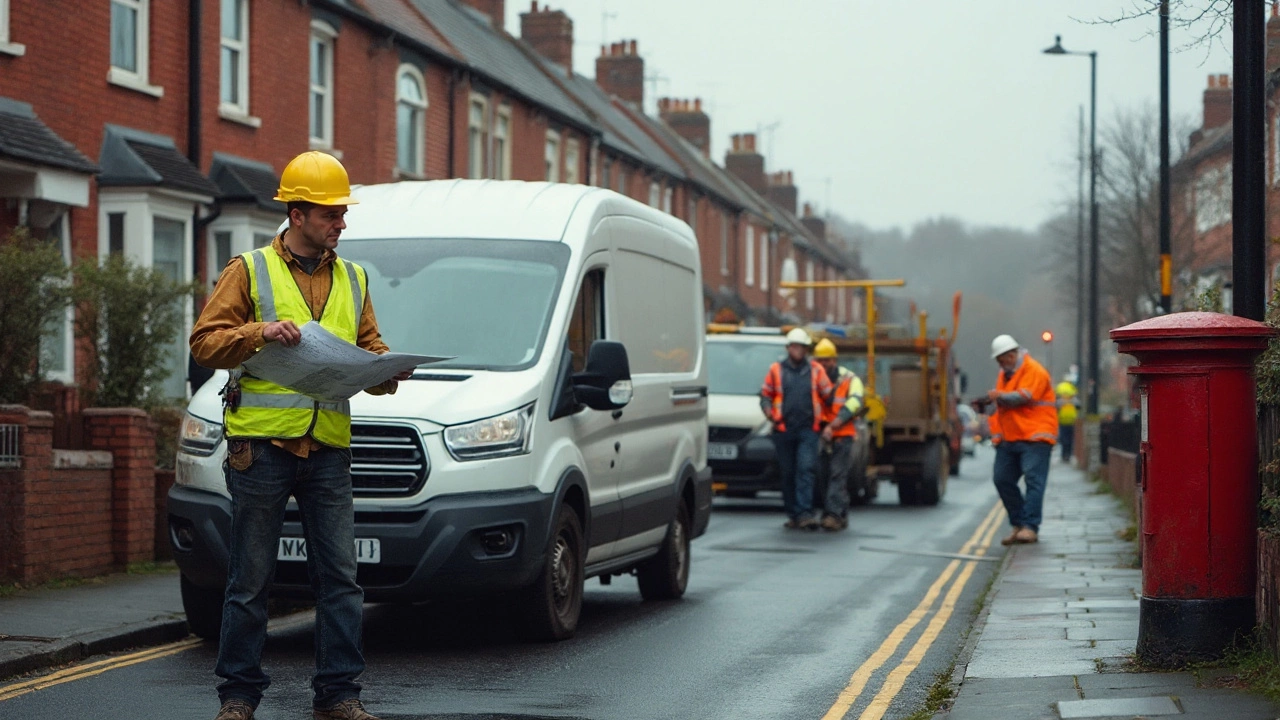Hire Contractor: Simple Steps to Choose the Right Builder for Your Home Project
Thinking about adding a conservatory, extending a loft, or fixing foundation cracks? The first decision that makes or breaks the job is who you hire. A good contractor keeps the budget in check, finishes on time, and leaves your home looking solid. A bad one can cause endless delays and extra costs. Here’s a quick, no‑fluff guide to help you find the right builder for any UK home job.
Know What You Need Before You Call
Start with a clear picture of the work. Write down the scope: size of the extension, type of materials, any planning permission issues, and finish details. The more specific you are, the easier it is to compare quotes later. Also decide on a realistic budget and a timeline you can stick to. Having these basics laid out saves you from vague estimates that later turn into surprise expenses.
Check Credentials and Experience
Look for contractors who are registered with a recognised body such as the NHBC or a local trade association. Ask for proof of insurance and public liability cover – you don’t want to be on the hook if something goes wrong on site. Next, ask about similar projects they’ve completed. A builder who’s done a garden room or a foundation repair recently will understand the quirks of your specific job. Request photos and, if possible, speak to a past client to hear about punctuality and quality.
Don’t forget to verify their right to work in the UK and check that they have a valid VAT number. These small checks prevent headaches down the line.
Get Detailed Quotes and Compare
Ask at least three contractors to give you written quotes. Each quote should break down labour, materials, waste removal, and any subcontractor fees. If a quote looks too low, it probably is – you might end up paying extra later for hidden costs. Compare the breakdowns rather than just the final price. A higher quote with a clear schedule and quality guarantees can be a better value.
When reviewing quotes, look for a clear start and finish date, payment milestones, and a warranty clause. A typical schedule might be 10% deposit, 40% at half‑way, and the rest on completion. Avoid contractors who demand a large upfront payment.
Talk About Communication and Site Management
Good communication reduces stress. Ask how often they will update you, whether they use a project diary, and who the on‑site point of contact will be. A contractor who provides a weekly progress report shows they’re organised and respect your involvement.
Also discuss how they handle unexpected issues. Will they seek your approval before changing any plan? Clear protocols prevent disputes when a surprise problem like hidden damp appears.
Put Everything in a Contract
Never start work without a signed contract. It should include the full scope, timelines, payment schedule, insurance details, and a clause for handling changes. Make sure both parties sign and keep a copy. If a contractor refuses to put things in writing, walk away – professionalism starts with paperwork.
Finally, trust your gut. If a builder seems evasive or pushes you to rush decisions, it’s a red flag. A solid contractor will be transparent, answer all questions, and respect your need to think things through.
Hiring a contractor doesn’t have to be a gamble. Follow these steps, stay organized, and you’ll end up with a finished project that adds value and comfort to your home. Good luck with your build!

